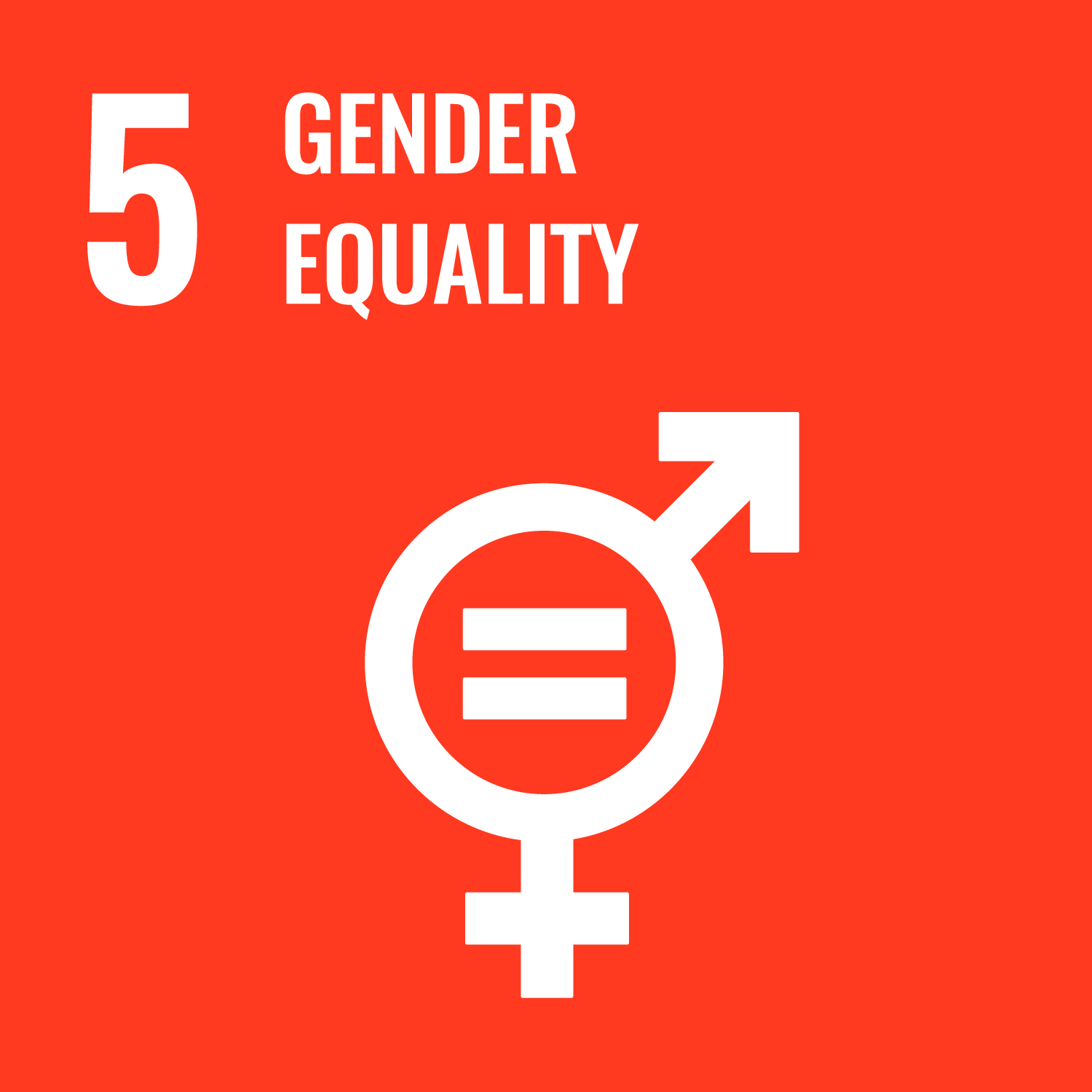Tavassoli, N T, Puntoni, S and Sweldens, S (2011) Gender identity salience and perceived vulnerability to breast cancer. Journal of Marketing Research, 48 (3). pp. 413-424. ISSN 0022-2437
Abstract
Breast cancer communications that make women's gender identity salient can trigger defense mechanisms and thereby interfere with key objectives of breast cancer campaigns. In a series of experiments, the authors demonstrate that increased gender identity salience lowered women's perceived vulnerability to breast cancer (Experiments 1a, 3a, and 3b), reduced their donations to ovarian cancer research (Experiment 1b), made breast cancer advertisements more difficult to process (Experiment 2a), and decreased ad memory (Experiment 2b). These results are contrary to the predictions of several prominent theoretical perspectives and a convenience sample of practitioners. The reduction in perceived vulnerability to breast cancer following gender identity primes can be eliminated by self-affirmation (Experiment 3a) and fear voicing (Experiment 3b), corroborating the hypothesis that these effects are driven by unconscious defense mechanisms.
More Details
| Item Type: | Article |
|---|---|
| Subject Areas: | Marketing |
| Date Deposited: | 17 May 2016 11:55 |
| Last Modified: | 07 Aug 2025 01:17 |
| URI: | https://lbsresearch.london.edu/id/eprint/333 |




